Division of Water Quality
Protecting New Jersey’s surface and ground waters by pollution caused by improperly treated wastewater, residuals, and stormwater.

Division of Water Quality
Protecting New Jersey’s surface and ground waters by pollution caused by improperly treated wastewater, residuals, and stormwater.
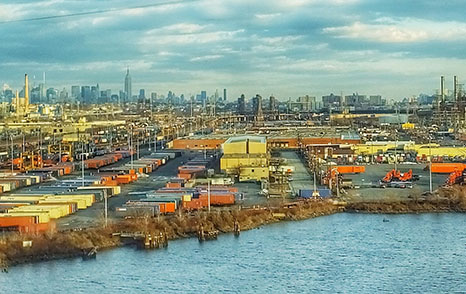
Wastewater
Wastewater is used water generated from a variety of domestic, commercial and industrial activities. The New Jersey Pollutant Discharge Elimination System (NJPDES) permitting program protects New Jersey’s ground water and surface water quality by assuring the proper treatment and discharge of wastewater (and its residuals) from various types of facilities and activities to waters of the State.

New Jersey Water Bank
The New Jersey Water Bank (NJWB) is a partnership between the New Jersey Department of Environmental Protection (NJDEP) and the New Jersey Infrastructure Bank (I-Bank) to provide low cost financing for projects that help protect and improve water quality and help ensure safe and adequate drinking water. The Water Bank program is part of the Department’s Water Infrastructure Investment Plan.
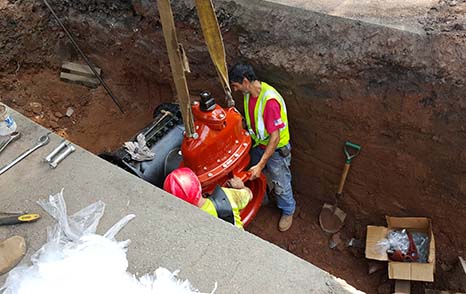
Treatment Works
Construction and operation of industrial and domestic wastewater collection, conveyance, and treatment facilities require Treatment Works Approval (TWA) permits. The goal of the TWA permitting program is to prevent degradation of the waters of the State by ensuring wastewater infrastructure is well-designed and constructed.
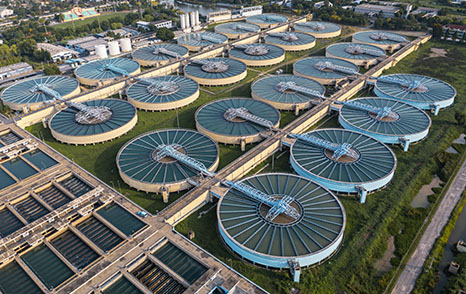
Licensed Operator
A Licensed Operator (LO) is an individual who is responsible for the operation, maintenance, and effectiveness of a water or wastewater system. An LO must hold a license equal to or higher than that required for the system. Eligibility for an LO in New Jersey requires a combination of experience, educational course prerequisites and passing an exam.
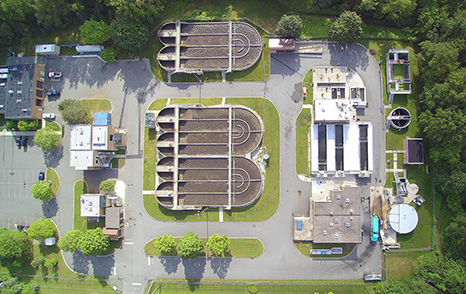
Permitting Information
The discharges of wastewater (and its residuals) are regulated through the issuance of New Jersey Pollutant Discharge Elimination System (NJPDES) Discharge to Surface Water (DSW) permits, NJPDES Discharge to Ground Water (DGW) permits, NJPDES Pretreatment permits and NJPDES Residuals permits. Treatment Works Approvals are issued for the construction and operation of industrial and domestic wastewater collection, conveyance and treatment facilities.
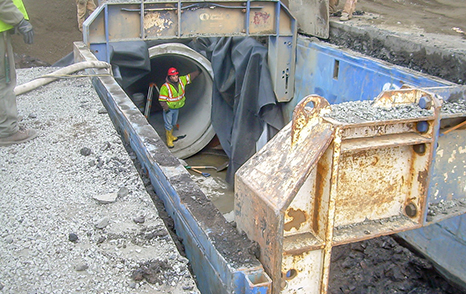
Combined Sewer Overflow
Combined sewer systems are shared underground pipe networks that direct both wastewater and stormwater to a Sewage Treatment Plant (STP). Under normal conditions, all the wastewater and stormwater are transported to a STP for treatment. During rainfall events or snowmelt, the additional volume of water can overwhelm the capacity of the pipe network and cause a Combined Sewer Overflow (CSO) outfall to discharge to the surface water.
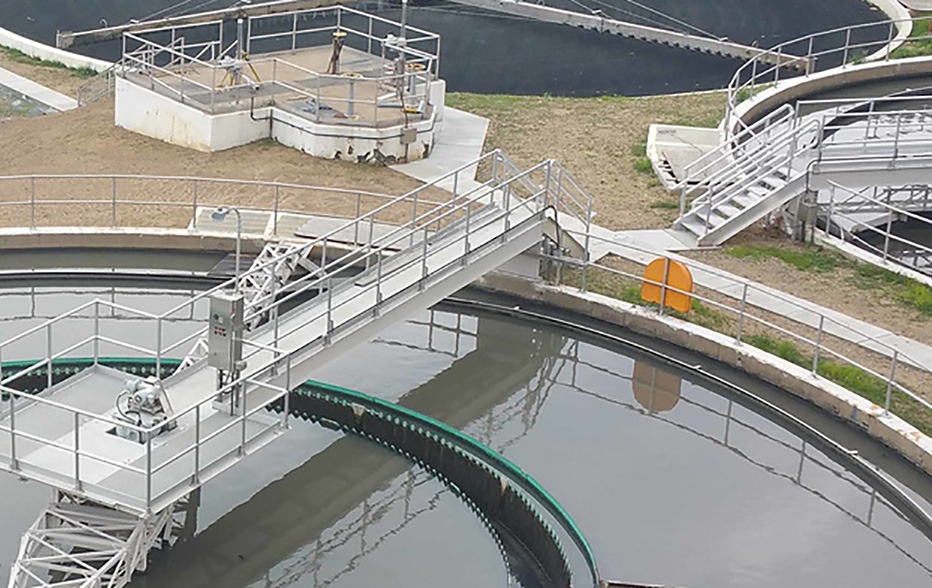
Residuals, Sewage Sludge, and Biosolids
Facilities that generate or accept residuals for the purpose of transportation, storage, transfer, processing, and/or management are regulated through the Residuals program. This Program tracks both quality and quantity information of the residuals generated for management.
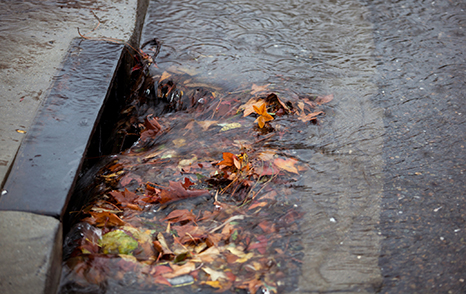
Stormwater
Stormwater discharges are generated by runoff from land and impervious areas such as paved streets, parking lots, and building rooftops during rainfall and snow events that often contain pollutants in quantities that could adversely affect water quality. Stormwater discharges are from point and non-point sources and require coverage under the New Jersey Pollutant Discharge Elimination System (NJPDES) permitting program.
